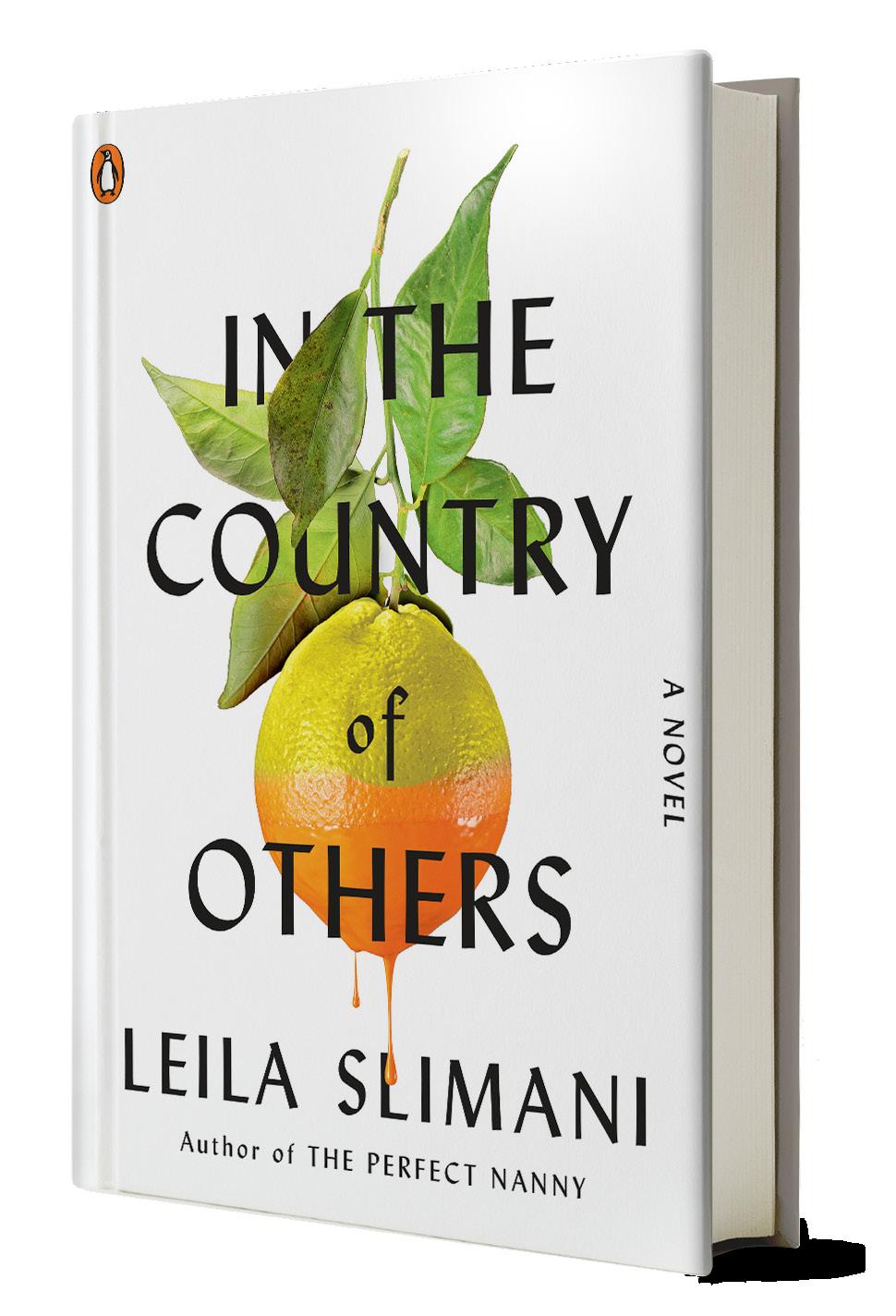Excerpt from In the Country of Others: The first time Mathilde visited the farm, she thought: It’s too remote. The isolation made her anxious. He didn’t have a car back then, in 1947, so they crossed the fifteen miles that separated them from Meknes on an old cart, driven by a gypsy. Amine paid no attention to the discomfort of the wooden bench, nor to the dust that made his wife cough. He had eyes only for the landscape. He was eager to reach the estate that his father had left him. In 1935, after years spent working as a translator in the colonial army, Kadour Belhaj had purchased these hectares of stony ground. He’d told his son how he hoped to turn it into a flourishing farm that would feed generations of Belhaj children. Amine remembered his father’s gaze, his unwavering voice as he described his plans for the farm. Acres of vines, he’d explained, and whole hectares given over to cereals. They would build a house on the sunniest part of the hill, surrounded by fruit trees. The driveway would be lined with almond trees. Kadour was proud that this land would be his. ‘Our land!’ He uttered these words not in the way of nationalists or colonists – in the name of moral principles or an ideal – but simply as a landowner who was happy to own land. Old Belhaj wanted to be buried here, he wanted his children to be buried here; he wanted this land to nurture him and to be his last resting place. But he died in 1939, while his son was enrolled in the Spahi regiment, proudly wearing the burnous and the sirwal. Before leaving for the front, Amine – the eldest son, and now the head of the family – rented the land to a Frenchman born in Algeria. When Mathilde asked what he had died of, this father-in-law she’d never met, Amine touched his belly and silently nodded. Later, Mathilde found out what happened. After returning from Verdun, Kadour Belhaj suffered with chronic stomach pains that no Moroccan or European doctor was able to allay. So this man, who boasted of his love of reason, his education, his talent for foreign languages, dragged himself, weighed down by shame and despair, to a basement occupied by a chouafa. The sorceress tried to convince him that he was bewitched, that some powerful enemy was responsible for his suffering. She handed him a sheet of paper folded in four, containing some saffron-yellow powder. That evening he drank the remedy, diluted in water, and he died a few hours later in terrible pain. The family didn’t like to talk about it. They were ashamed of the father’s naivety and of the circumstances of his death, for the venerable officer had emptied his bowels on the patio of the house, his white djellaba soaked with shit. This day in April 1947, Amine smiled at Mathilde and told the driver to speed up. The gypsy rubbed his dirty bare feet together and whipped the mule even harder. Mathilde flinched. The man’s violence towards the animal revolted her. He clicked his tongue – ‘Ra!’ – and brought the lash down on the mule’s skeletal rump. It was spring and Mathilde was two months pregnant. The fields were covered in marigolds, mallows and starflowers. A cool breeze shook the sunflowers. On both sides of the road they saw the houses of French colonists, who had been here for twenty or thirty years and whose plantations stretched gently down to the horizon. Most of them came from Algeria and the authorities had granted them the best and biggest plots of land. Reaching out with one hand while using the other one as a visor to protect his eyes from the midday sun, Amine contemplated the vast expanse. Then he pointed to a line of cypresses that encircled the estate of Roger Mariani, who’d made his fortune as a winemaker and pig-farmer. From the road, they couldn’t see the
25



